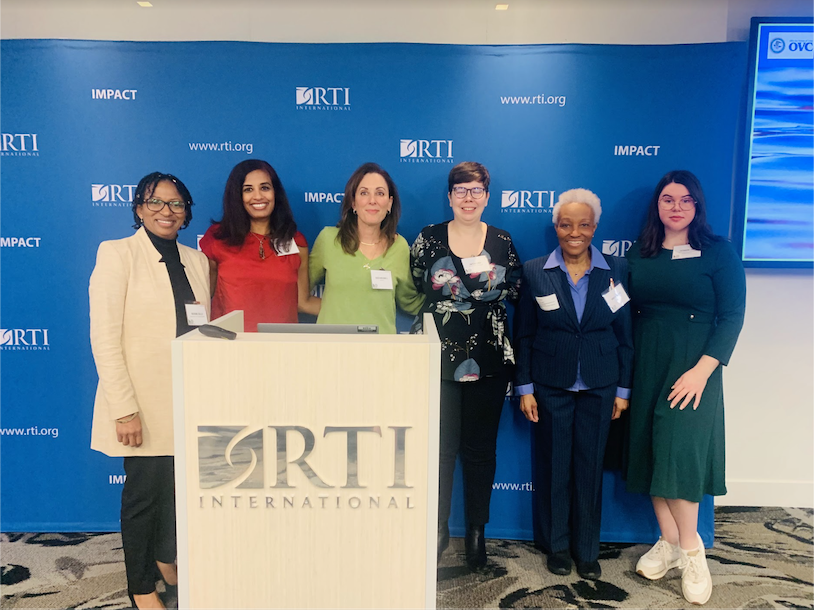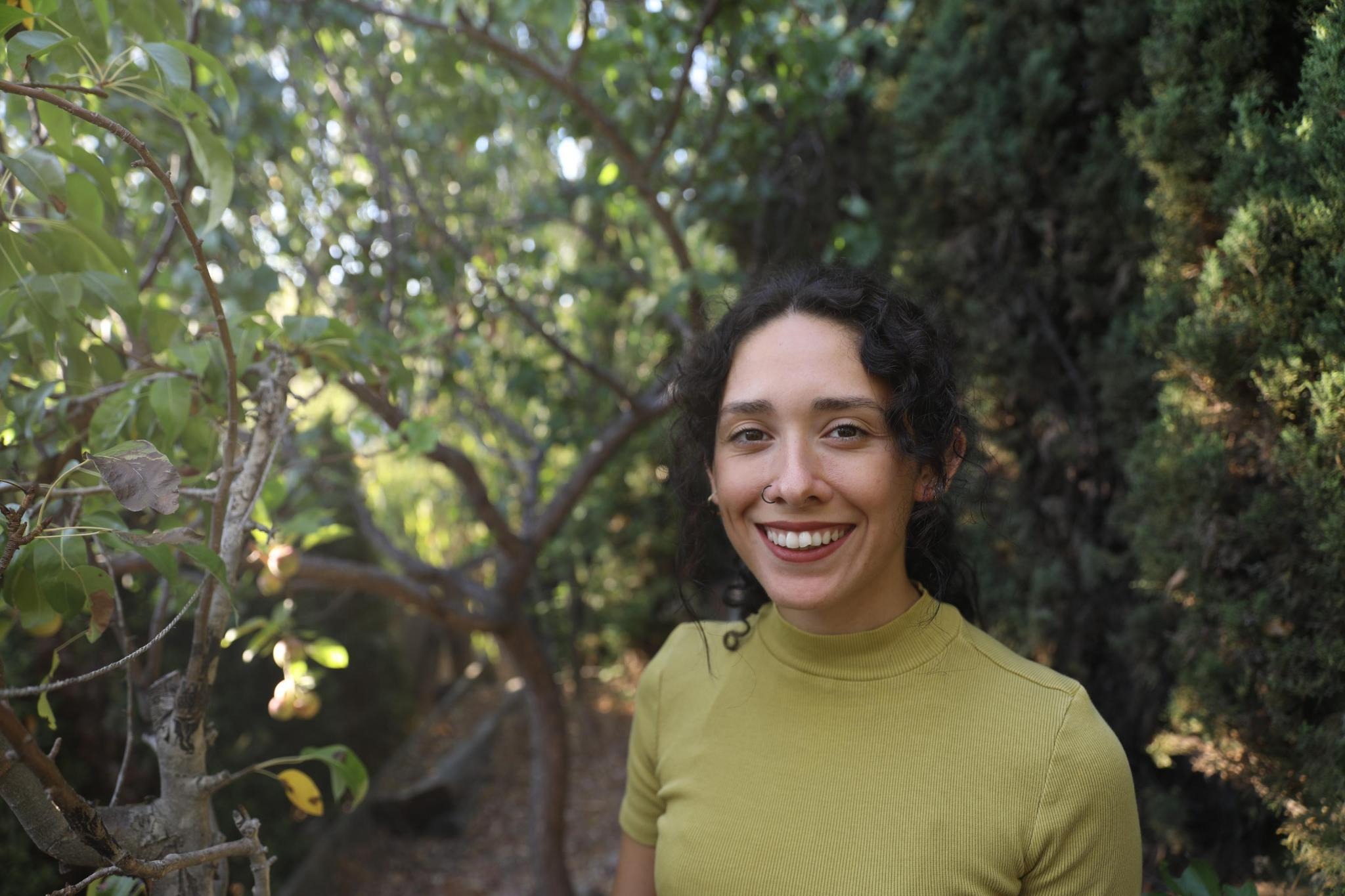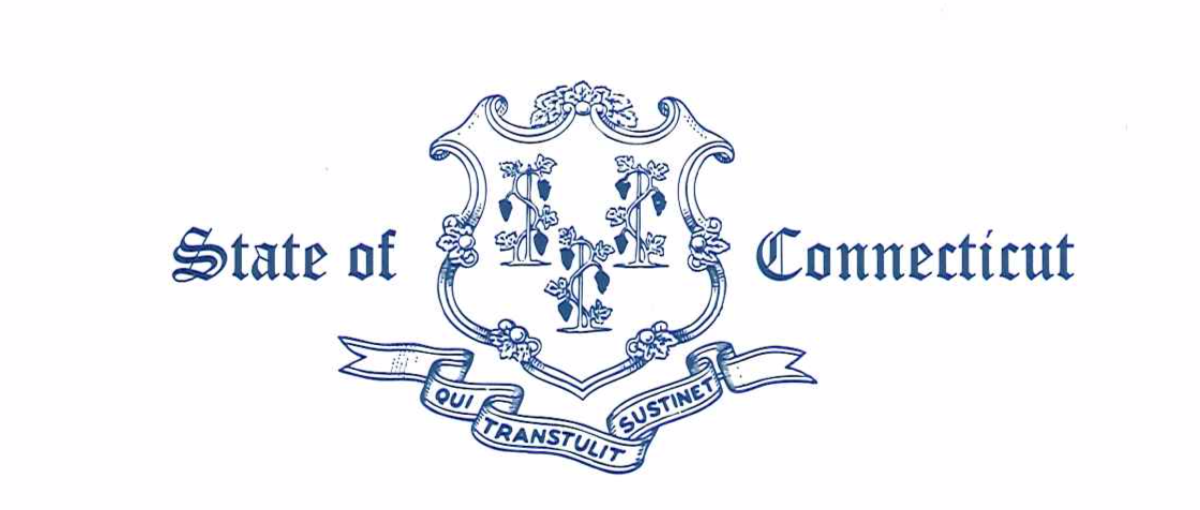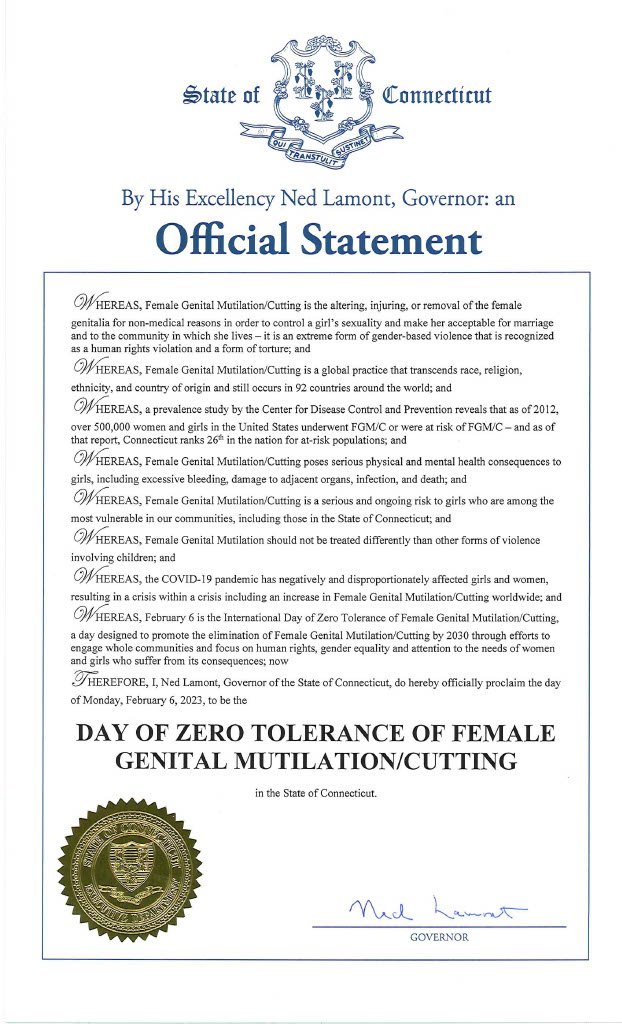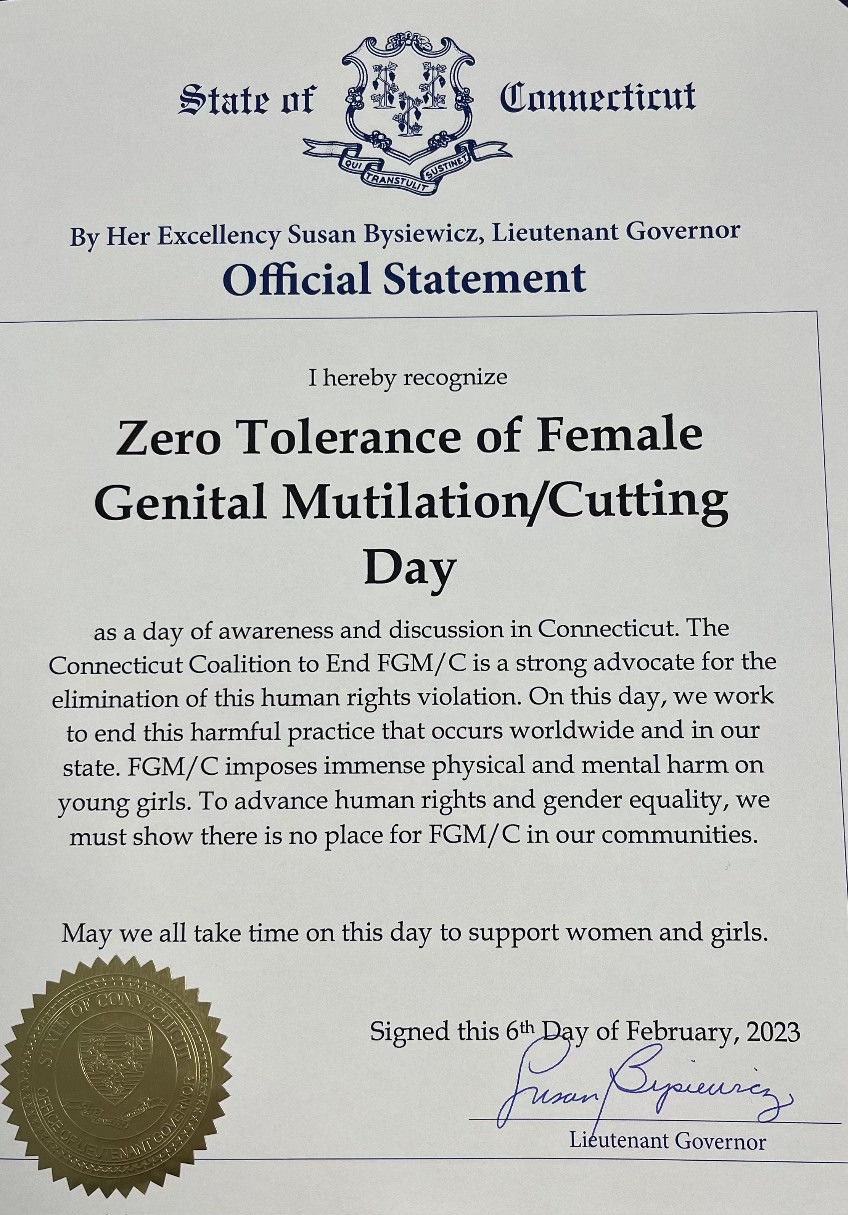Aries Nuño is a graduate student at Johns Hopkins University pursuing a Master of Science in Public Health, with interests centered around the socio-cultural influences on an individual’s experience with their sexual and reproductive health. Currently, she works for the Center for Communication Programs, where she is actively involved in the formative research process to address FGM/C in Ebonyi, Nigeria utilizing human-centered design efforts. Additionally, she works for the Center for Indigenous Health, primarily supporting the expansion of web-based access to self-administered STI and HIV testing for Indigenous populations across the US. Before her academic journey at Hopkins, she served as a Peace Corps volunteer in Lesotho, co-developing initiatives for reducing the incidence of HIV/AIDS.
What was your experience of learning about FGC for the first time like?
I might have been in high school at the time, and though I don’t remember the exact moment I first learned about FGM/C, I remember carrying a heavy feeling of discomfort as I tried to wrap my head around the pain and hurt this practice caused. It wasn’t until the COVID-19 pandemic that I revisited the topic, watching a documentary called “The girl who said no to FGM,” highlighting Jaha Dukureh’s story. From there, I invested more time into researching (reading books such as Transcultural Bodies: Female Genital Cutting in Global Context) to learn more about the cultural/traditional relevance of FGM/C, in addition to some of the socioeconomic motives for its continuance.
When and how did you first get involved with Sahiyo?
I first heard about Sahiyo through a professor at my university whose work involves improving healthcare for women affected by FGM/C. I was seeking opportunities to support organizations and individuals working to end FGM/C in a way that allowed me to contribute my public health background to raise awareness and advocate for change. Once I learned more about Sahiyo’s history as an organization and its multifaceted approach to education and awareness raising, I was eager to support their mission.
What does your work with Sahiyo involve?
I have been volunteering with Sahiyo for a little over a year now, and I’ve had the opportunity to collaborate on a variety of initiatives. My first assignment with Sahiyo was to assist with a literature review as part of the formative research for their Critical Intersections project, a global study seeking to address ways in which FGM/C interacts with other forms of oppression. Most recently, on the same project, I’ve conducted in-depth interviews with professionals and anti-FGM/C advocates to collect qualitative data regarding their perspectives on how FGM/C intersects with other social justice issues; this was to better understand the challenges and needs of survivors from diverse backgrounds. Other projects over the year have included copyediting reports, assisting in a service provider training session, and developing informational handouts and a screening guide for Sahiyo and StoryCenter’s Voices to End FGM/C program.
How has your involvement with Sahiyo impacted your life?
My experience with Sahiyo has been invaluable. I am humbled by the compassionate and dedicated individuals I have had the opportunity to meet and work together with. Furthermore, I am grateful to the survivors of FGM/C, whom I've had the privilege to listen to and learn from as they shared their experiences and motivation to bring change to their communities. I am more than ever determined to be an ally in contributing to the revolution of gender and health equity.
What words of wisdom would you like to share with others who may be interested in supporting Sahiyo and the movement against FGC?
Respecting culture and tradition is crucial when addressing the practice of FGM/C. It is important to understand that FGM/C is often perpetuated by cultural and societal attitudes and is deeply rooted in the beliefs and traditions of communities that practice it. As an outsider to the practice, a judgmental approach can alienate the very communities we hope to engage. It is essential to engage with communities in a respectful and culturally sensitive manner in order to work collaboratively and to create solutions that are sustainable and in line with their values and beliefs. By doing so, we can help to create lasting change and promote gender equality while respecting cultural diversity.

